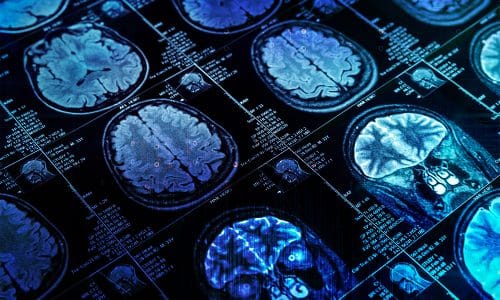Ochsner Health System in New Orleans has teamed up with Epic and Microsoft to determine if technology can be used to find out which patients will code before they suffer a cardiac or respiratory arrest.
The partnership has developed a tool that can detect signals from the patient which may result in code. The tool utilizes AI and cloud technology.
“By utilizing Epic’s machine learning platform and Microsoft Azure, we can detect health patterns, learn from these insights and develop a more aggressive treatment plan as a preventative measure,” according to Ochsner CIO Laura Wilt.
Signals could include dropping blood pressure, a rising heart rate, a changing value in the blood work, or some combination of the above, as well as demographic factors like age and the patient’s medical history. That’s more data than a human doctor could deal with on his own, noted a report in CNBC.
The time it takes to collect and analyze all of this data is the key roadblock. However, this situation is rapidly changing due to the fact that hospitals are forming alliances with technology companies, resulting in agreements to share data.
The three organizations plan to publish the results in a study and share them with the broader medical community.
The data from the pilot continues to be evaluated, but so far they reveal that the number of codes, or emergencies that require immediate resuscitation of the patient, dropped by 44% outside of the intensive care unit.
Ochsner and executives from other healthcare systems believe AI and machine learning hold the key to how hospitals in the future will harness technology to treat patients and prevent emergencies.
https://www.cnbc.com/2018/02/28/ochsner-health-system-using-tech-to-predict-patient-emergencies.html




